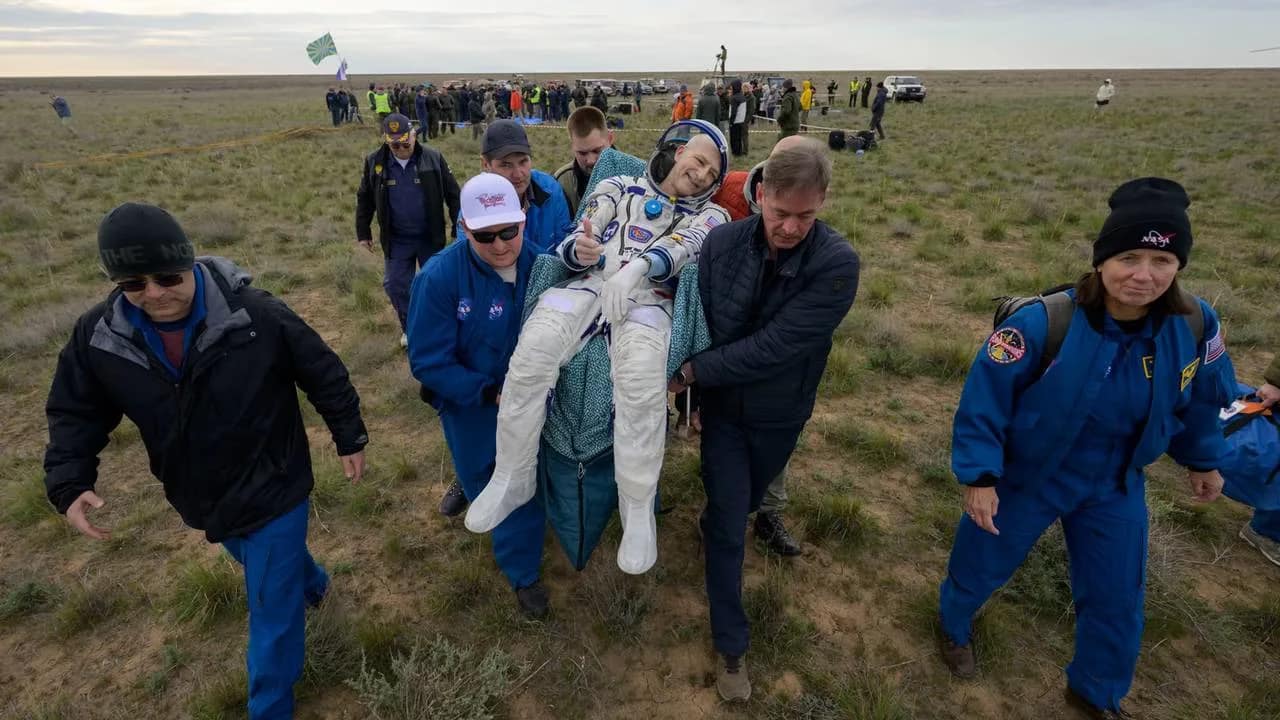Introduction
NASA astronaut Don Pettit, aged 70, recently returned to Earth after a 200-day mission on the International Space Station (ISS). However, his return has raised significant concerns about his health, as reported by Gizmodo on April 21, 2025. This blog explores the challenges faced by Pettit, the implications of long-duration spaceflight on aging astronauts, and NASA’s ongoing efforts to address these issues.
Don Pettit’s Mission and Return
Don Pettit launched to the ISS on March 2, 2024, as part of the Expedition 70/71 crew. His mission, which lasted over six months, involved conducting scientific experiments and maintaining the space station. On September 16, 2024, Pettit and his crewmates returned to Earth, landing in Kazakhstan aboard the Soyuz MS-25 spacecraft. Despite the successful landing, Pettit has not been doing well since his return, prompting NASA to closely monitor his condition.
Health Challenges Post-Landing
According to the Gizmodo article, Pettit’s health has been a concern due to the physical toll of long-duration spaceflight. At 70, he is one of the oldest astronauts to have flown to space, and the effects of microgravity—such as muscle atrophy, bone density loss, and cardiovascular strain—are more pronounced in older individuals. The article highlights that Pettit has been undergoing medical evaluations at the Johnson Space Center in Houston, but NASA has not released specific details about his condition.
Pettit’s age also raises questions about the long-term effects of spaceflight on older astronauts. The Gizmodo report notes that while Pettit was in good health before the mission, the prolonged exposure to microgravity may have exacerbated age-related health issues, such as reduced bone density and muscle mass, which are already a concern for seniors on Earth.
NASA’s Response and Future Implications
NASA has acknowledged the challenges of sending older astronauts on long-duration missions. The agency is reportedly reviewing its astronaut health protocols to better prepare for future missions, especially as it plans for extended lunar and Martian expeditions. According to the Gizmodo article, NASA is particularly focused on improving pre-flight training, in-flight health monitoring, and post-flight rehabilitation to mitigate the risks associated with aging in space.
The case of Don Pettit also underscores the need for more research into the effects of spaceflight on older astronauts. While astronauts undergo rigorous training and health screenings, the unique physiological demands of spaceflight—such as radiation exposure and the absence of gravity—pose significant risks that may not be fully understood, especially for older individuals.
Conclusion
Don Pettit’s experience highlights the challenges of long-duration spaceflight, particularly for aging astronauts. As NASA continues to push the boundaries of human space exploration, ensuring the health and safety of its astronauts remains a top priority. The lessons learned from Pettit’s mission will likely shape future protocols and research, paving the way for safer space travel for astronauts of all ages.
For more details, refer to the original article: NASA Confirms 70-Year-Old Astronaut Don Pettit is Doing Well Despite Frail After Landing by Gizmodo, published on April 21, 2025.
Discover more from Pasindu Lakshan Perera
Subscribe to get the latest posts sent to your email.




